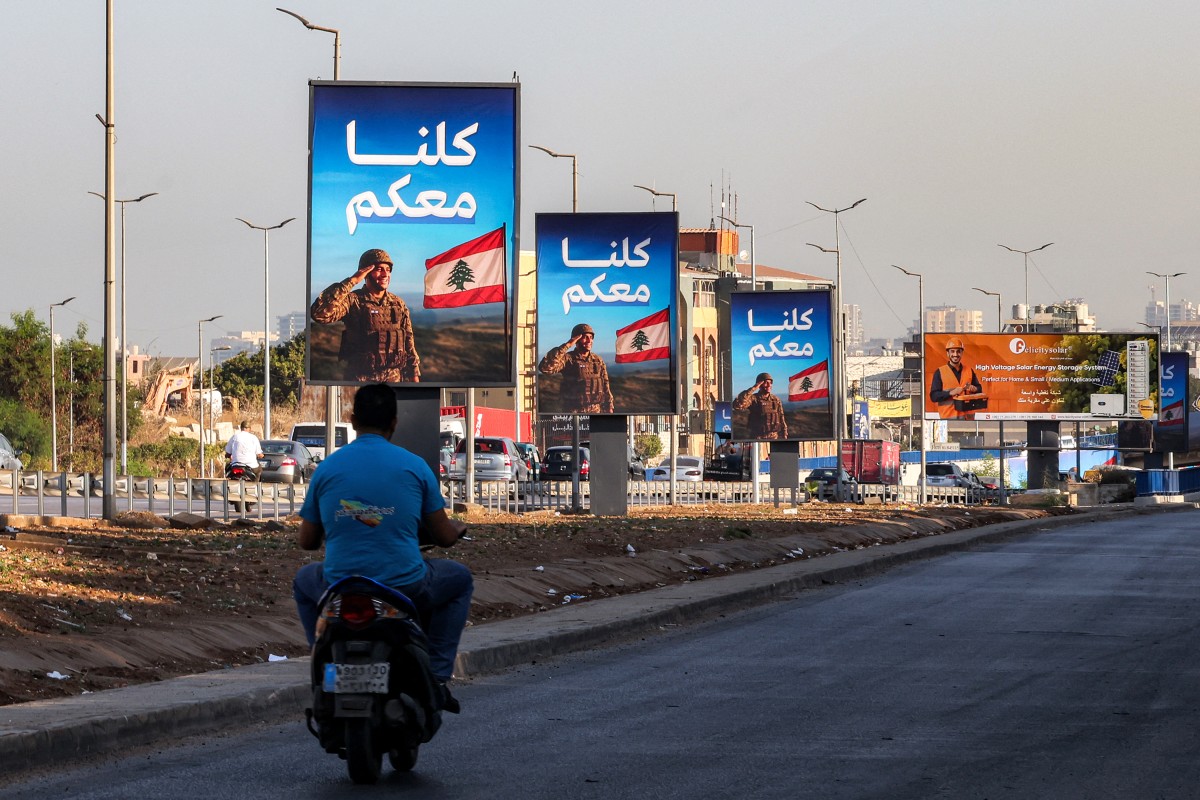Amid Lebanon’s domestic complexities and entangled foreign interests, the country now faces a moment as critical as any turning point in its modern history. The new presidency has placed one of the thorniest issues on the table: the question of “exclusive state control of weapons.” It comes at a time when the region is aflame and indecision is unforgiving. The question looms: are we witnessing the beginning of a path that restores the authority of the state, or just another round of familiar compromise—where decisions remain ink on paper and the nation remains hostage to shifting balances of power?
The Army’s Plan: A Promise of Change
Foreign Minister Youssef Rajji’s announcement of an army-led plan to disarm "Hezbollah" south of the Litani within three months has raised more questions than answers. Is this yet another exercise in “rounding corners,” the well-worn Lebanese tradition of deferral, or does it mark a genuine political will aligned with the presidential oath and cabinet’s policy statement, under the watchful eye of Parliament Speaker Nabih Berri, "Hezbollah"’s key ally?
The plan, presented by Army Commander Rodolphe Haykal and structured in five phases, signals clear intent to place all arms under state control. Yet doubts persist: does the Lebanese army have the logistical and political capacity to carry out this sensitive mission? History offers cautionary tales—from the Taif Accord to U.N. Resolutions 1559, 1680, and 1701—that reducing this issue to timelines has never sufficed.
U.S. Pressure: Oversight or Guardianship?
The disarmament question has long ceased to be a purely domestic affair. It has become the focal point of direct foreign pressure. Israel’s recent strikes on the Bekaa Valley coincided with escalating U.S. warnings to Beirut. The Biden administration has hinted at harsher measures should "Hezbollah" continue to resist disarmament, framing deadlines not as symbolic markers but as tools of coercion. Lebanon’s government faces a stark choice: pursue the disarmament plan despite internal challenges, or risk deeper isolation, sanctions, and even military threats.
Israel’s Stance : Preparedness Beyond Borders
On the opposite front, Israel appears unwilling to wait for Lebanese timelines. Military drills held in a newly built training site on the Golan Heights—designed to mimic a Lebanese village—signal preparations for urban warfare scenarios on the northern front. These exercises are tied to recent airstrikes on Hermel in the Bekaa and to Israeli rhetoric linking national security directly to curbing "Hezbollah"’s capabilities.
More striking is Israel’s openness about coordination with Washington and its calls for broader U.S.-backed plans against "Hezbollah". In practice, any Lebanese failure to contain weapons could translate swiftly into escalation. The recent Israeli strikes on Doha and Sana’a underscore the broader message: the region as a whole is vulnerable to confrontations that could spiral out of control unless political initiatives are matched with tangible results—ultimately to the advantage of Prime Minister Benjamin Netanyahu.
A State or Merely a Battlefield?
The issue transcends debate over "Hezbollah"’s role. It is now about Lebanon’s very identity: statehood or perpetual battlefield. "Hezbollah"’s leaders, including Deputy Secretary-General Sheikh Naim Qassem, have recently delivered fiery speeches that evoke memories of Iraq’s Mohammed Saeed al-Sahhaf, the information minister whose bluster preceded his regime’s collapse in 2003.
The comparison stops there—but it carries a warning. Lebanon’s history shows that every failure to consolidate weapons under state authority eventually morphs into a crippling vulnerability, plunging the country into cycles of conflict. International actors continue to treat Lebanon more as an arena than a sovereign state. Unless this paradigm shifts, future generations may find their path permanently blocked.
Lessons from Bashir Gemayel’s Era
This dilemma brings to mind the words of Lebanon’s late president-elect Bashir Gemayel, assassinated 43 years ago on September 14, 1982. He declared that the Lebanon he aspired to build “would not be a burden on Western Christians nor a thorn in the side of Eastern Muslims.” His remarks came at a time when Lebanon was caught between the 1949 armistice with Israel, the unratified 1983 May 17 Agreement, and the 1969 Cairo Accord that had legalized Palestinian armed presence. Back then, Beirut was still the “Paris of the East,” and Lebanon the “Switzerland of the Middle East,” before becoming a stage for regional and international score-settling.
Today, the same questions return: will Lebanon reclaim the logic of one state and one army, or remain shackled by foreign weapons that erode its political and economic foundations?
Hopes Resting on the New Era
After decades of war and division, weary Lebanese are waiting to see whether the new era can finally break the vicious cycle and restore the primacy of the state over fragmented mini-states. What is certain is that the present moment is pivotal—it allows no half-measures. Perhaps the greatest hope is that Lebanon can revive the spirit of its golden two decades, from 1949 to 1969, when the state’s authority was uncontested, and when Lebanon was truly a “message” admired across the world, not a “problem” desperately in search of a solution.
Please post your comments on:
[email protected]
 Politics
Politics







